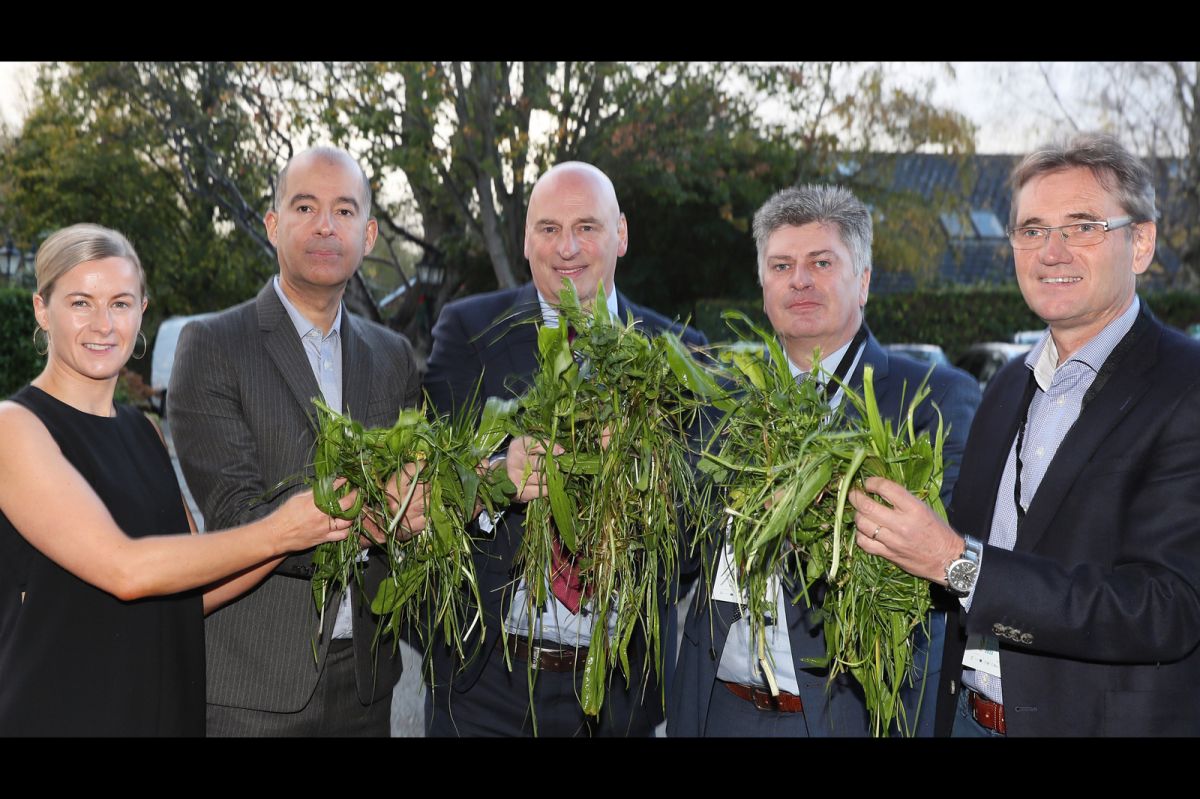130 large scale agricultural Anaerobic Digestion plants by 2030

This will see 130 anaerobic digestion (AD ) biomethane plants being built in rural Ireland by 2030 and 9.5TWh by 2050, creating approximately 3,000 jobs, all of which requires capital funding of €1bn (at 2.5TWh). The RGFI Biomethane Conference in Dublin this week was responding to the Irish Government’s increased target for indigenous biomethane production of 5.7 TWh by 2030, a move that will require 130 large scale agricultural anaerobic digestion plants to be developed within eight years. The Conference heard from over 30 speakers from Ireland, other European States and the US where AD biomethane production is already well-advanced, and was addressed by the Minister for Agriculture, Food and the Marine, Charlie McConalogue.
Ireland is now recognised by the Government as having the potential to be a major player in biomethane production, using agricultural feedstock on-farm AD, as well as dedicated waste fed plants. As part of the recent agreement on sectoral emissions ceilings, the Government committed to delivering up to 5.7 Twh of indigenously produced biomethane, a three-fold increase from the Climate Action Plan 2021. This level of ambition is in recognition of the key role that anaerobic digestion producing biomethane can play in providing a diversification opportunity for farmers, as well as providing a renewable gas supply for gas consumers, including the food and drinks industry and the transport sector.
Last week, Minister Eamon Ryan announced the Renewable Heat Obligation Scheme, to be implemented by 2024, something that RGFI has sought as the best means of providing a stable and fair way to bridge the funding gap, and which paves the way for industry investment.
The Irish Strategic Investment Fund is putting in place a dedicated Biomethane Fund of €200m, and RGFI has made a submission to Government for €100m capital funding to 2025 – necessary to develop an initial 20 AD biomethane plants.
“The vision is that biomethane production in Ireland will stimulate a wider bioeconomy and address national, EU and global needs to decarbonise industry, reduce fossil fuel reliance, support farmers, and improve our energy security. The Irish Government has included biomethane in its Climate Action Plan, emphasising the potential to decarbonise industry and, earlier this year, the Government also consulted on a policy for renewable fuels for transport with feedback recognising the potential for biomethane to address HGV transport decarbonisation. Most recently, it has announced plans to introduce a Renewable Heat Obligation Scheme that will socialise the funding gap for biomethane production. We and our members have worked tirelessly and collaboratively, alongside Government officials and funding bodies to help achieve these milestones and we welcome them whole heartedly”, said Mr JP Prendergast, Chairman of RGFI.





